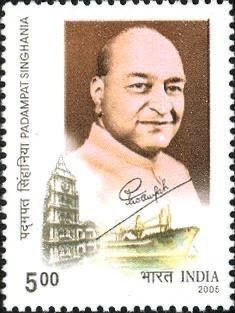The Indian National Centre for Ocean Information Services (INCOIS) was established on 03 February 1999 as an autonomous body under the Ministry of Earth Sciences, Government of India. Located in Hyderabad, INCOIS plays a crucial role in providing oceanographic services and information to various stakeholders, including fishermen, the shipping industry, coastal communities, and disaster management authorities.
INCOIS is tasked with monitoring and predicting oceanographic phenomena such as tsunamis, storm surges, and other coastal hazards. One of its flagship services is the Tsunami Early Warning System, which was established after the devastating 2004 Indian Ocean tsunami. This system provides real-time alerts and information to ensure the safety of coastal populations.
The center also focuses on providing ocean state forecasts, which include predictions about waves, currents, and sea surface temperatures. These forecasts are vital for the maritime industry, as they assist in navigation, fishing, and offshore operations. INCOIS is also involved in research and development in ocean science and technology, contributing to the global understanding of oceanic processes and their impact on climate and ecosystems.
In addition to these services, INCOIS operates several specialized programs such as the Potential Fishing Zone (PFZ) advisories, which help fishermen identify areas where fish are likely to be abundant, thereby improving their catch efficiency and livelihoods.
Through its wide range of services, INCOIS has become a critical institution in India's efforts to harness and protect its vast ocean resources while ensuring the safety and sustainability of coastal and maritime activities.








